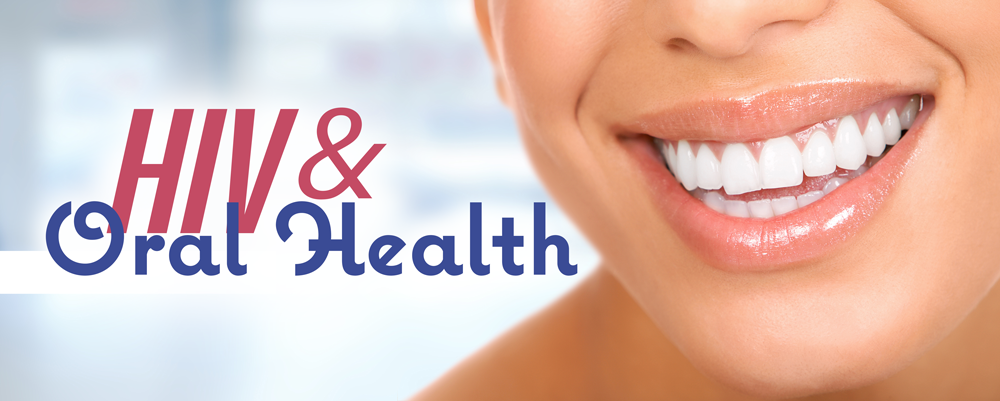
HIV and Oral Health: Dental Procedures During Pandemic Are No Riskier Than a Drink of Water
By:
- Mark Schweizer, DDS MPH
Director of Development and Special Projects
Dental Director Southeastern AIDS Training and Education Center
Nova Southeastern University College of Dental Medicine
Study shows SARS-CoV-2 infection risk at the dentist’s office is low
A new study’s findings dispel the misconception that patients and providers are at high risk of catching COVID-19 at the dentist’s office.
SARS-CoV-2 spreads mainly through respiratory droplets, and dental procedures are known to produce an abundance of aerosols – leading to fears that flying saliva during a cleaning or a restorative procedure could make the dentist’s chair a high-transmission location.
Ohio State University researchers set out to determine whether saliva is the main source of the spray, collecting samples from personnel, equipment and other surfaces reached by aerosols during a range of dental procedures.
By analyzing the genetic makeup of the organisms detected in those samples, the researchers determined that watery solution from irrigation tools, not saliva, was the main source of any bacteria or viruses present in the spatter and spurts from patients’ mouths.
Even when low levels of the SARS-CoV-2 virus were detected in the saliva of asymptomatic patients, the aerosols generated during their procedures showed no signs of the coronavirus. In essence, from a microbial standpoint, the contents of the spray mirrored what was in the office environment.
“Getting your teeth cleaned does not increase your risk for COVID-19 infection any more than drinking a glass of water from the dentist’s office does,” said lead author Purnima Kumar, professor of periodontology at Ohio State.
“These findings should help us open up our practices, make ourselves feel safe about our environment and, for patients, get their oral and dental problems treated – there is so much evidence emerging that if you have poor oral health, you are more susceptible to COVID,” Kumar said.
The study was published Wednesday, May 12, in the Journal of Dental Research.
